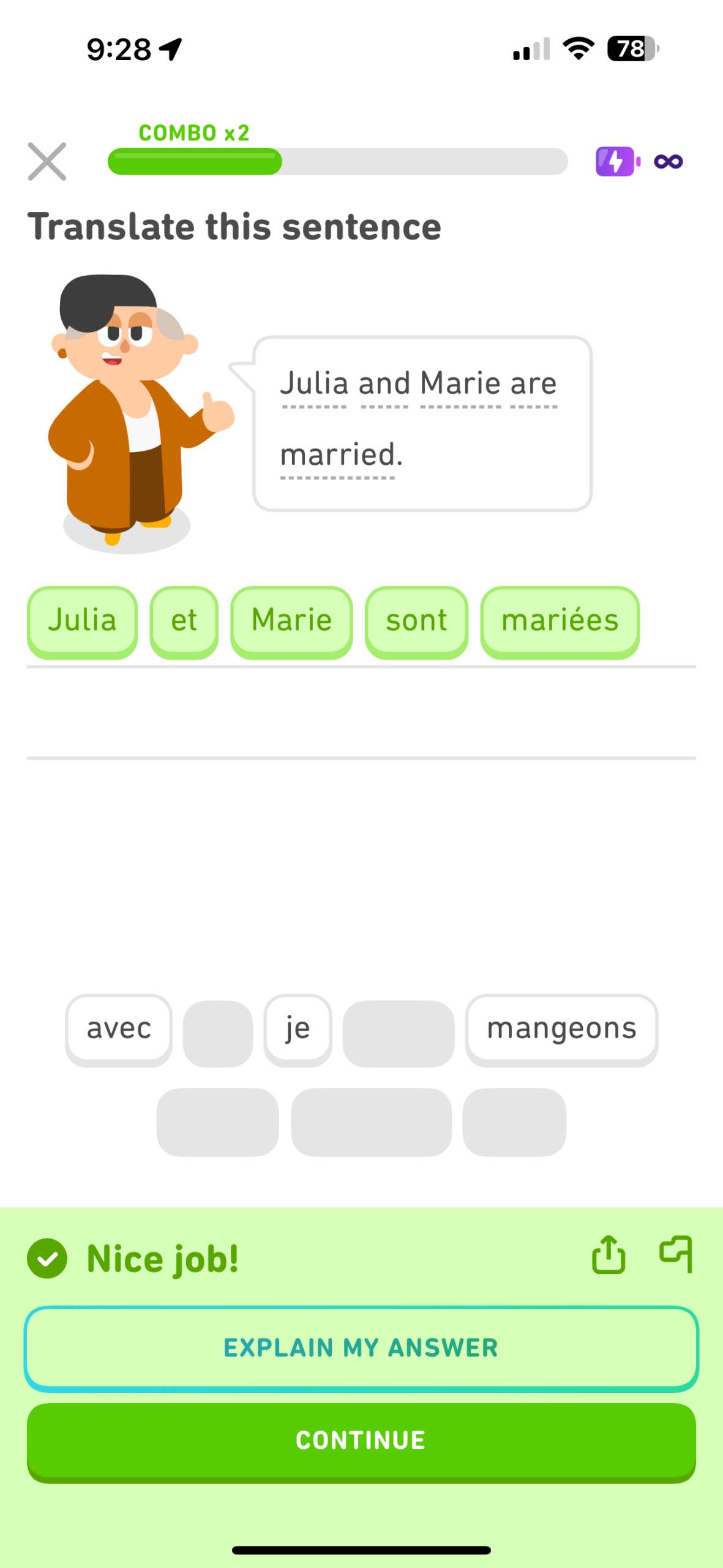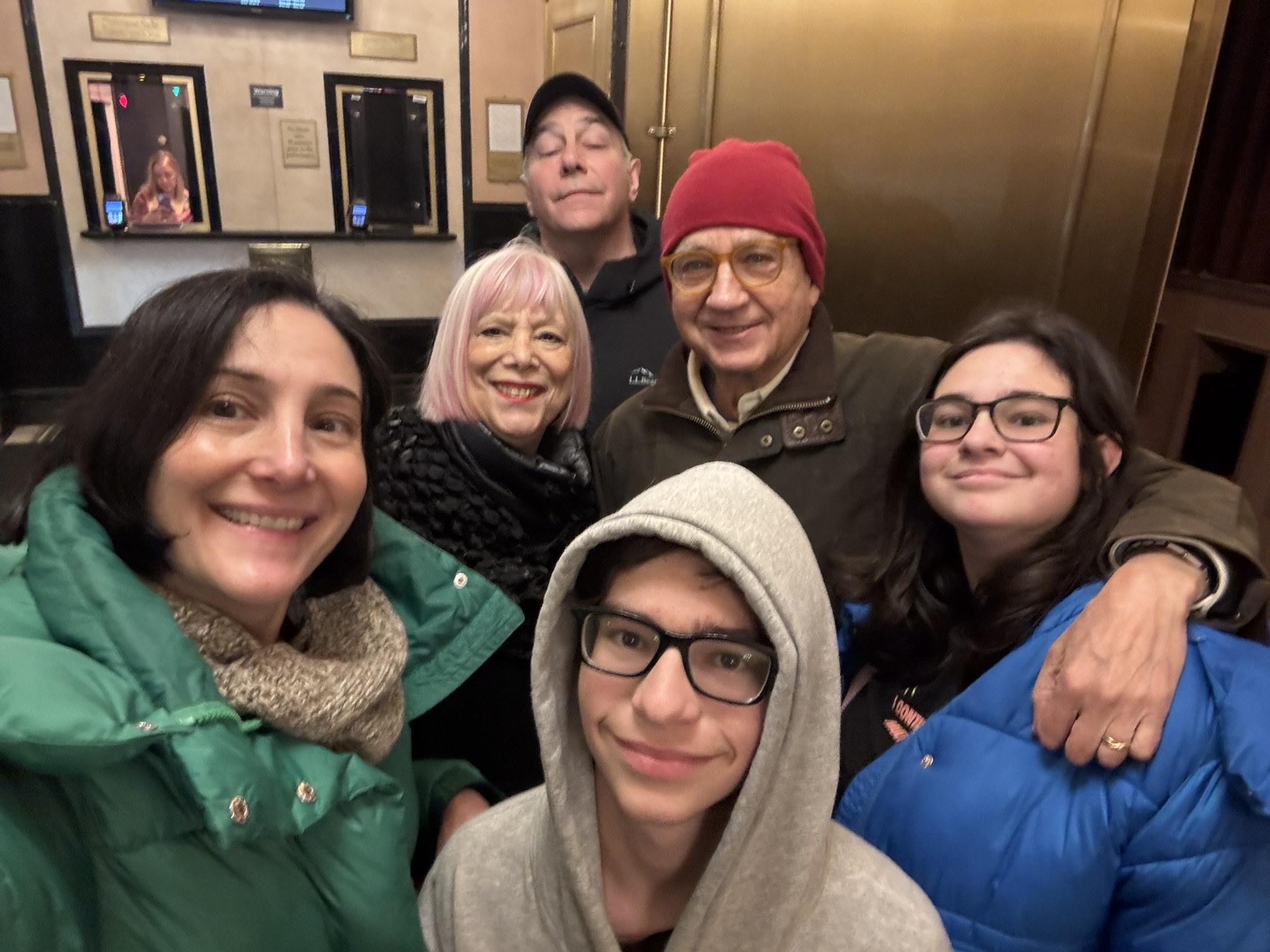I wrote a letter to Supreme Court Justice Clarence Thomas this week.
I wrote more than I initially anticipated (novelists tend to do this), but it was born from genuine curiosity.
I don’t expect Justice Thomas to write back, but I wish he would because I absolutely, positively want to know his answer.
It makes me crazy not knowing.
____________________________________-
August 19, 2024
Dear Justice Thomas,
My name is Matthew Dicks.
For the last 25 years, I’ve been an elementary school teacher in West Hartford, Connecticut.
My wife is also a teacher.
We make a good living, but as you may know, no one gets wealthy on teacher salaries.
Over the last decade or so, as I’ve published novels and nonfiction and begun consulting in the corporate world, our income has risen considerably. We find ourselves in a much better financial position than ever before. But there was also a decade when my wife remained home with the children, cutting our income in half, and I wasn’t consulting yet, which made things difficult. Parts of our home remained unfurnished for years, and those furnished rooms contained many hand-me-down pieces of furniture.
Even today, our dining room table is a hand-me-down piece from a friend.
We didn’t travel much in those days. We didn’t splurge on things we didn’t need. Stretched pennies whenever possible.
During those days, we sometimes worried about how we might pay the mortgage. I also owned and operated a wedding DJ company at the time, so between my salary, the income from my business, and eventually my book deals, we made it all work, but it wasn’t always easy.
My wife and I have also been blessed with many great friends and still are today. Some of them are fairly wealthy people. They own more than one home, drive expensive cars, enroll their children in private schools, and travel the world. They are successful, hard-working people who we adore, but when my wife was staying home with the kids, and we sometimes struggled to make ends meet, our financial position compared to some of our friends couldn’t have been more different.
Here’s the thing:
Had any of those friends offered to take us on vacation, pay for our meal in a restaurant, or otherwise cover an expense, we would’ve thanked our friends for their kindness but rejected their offer.
Had one of those people been the parent of a student or someone for whom our influence as educators might have benefited their children or given that perception to others, we would’ve rejected their offer and explained how accepting it would be unethical.
I’m sure you can see where this is going.
My wife and I had far too much pride and integrity to allow our wealthier friends to foot our bill, even though doing so was absolutely within their means. I can’t begin to imagine allowing someone I like and respect to start paying for our needs in the same way a parent pays for the needs of a child. If this meant that our friends were traveling to Europe on vacation while we were visiting the Connecticut shoreline, public libraries, and playgrounds on our vacations, so be it. We may have missed out on the Eiffel Tower and Big Ben, but we maintained our dignity, integrity, and independence instead.
Today, we are lucky. The combination of my books, our businesses, and corporate consulting has supplemented our teacher salaries considerably, and we are in a far better financial situation than ever before.
We are planning a European vacation with our kids next summer.
We are happy and proud to be doing it on our dime. We worked hard and smart, making these things possible.
You knew that accepting gifts from wealthy friends was wrong. You knew it was wrong because you failed to report those gifts for years despite rules requiring you to do so, and even when pressed to do so, you still failed to report some.
You knew your actions were unethical, and the perception of influence they created damaged the Court. Your decision to hide these gifts makes all of this abundantly clear. And I understand this. While I don’t condone it, I know that human beings are weak, the trappings of wealth are appealing, and some people are more than willing to compromise their ethics to get what they want.
It’s morally reprehensible, but I at least understand it.
But here is what I can’t stop thinking:
How does Clarence Thomas — Justice on the Supreme Court of the United States of America — not feel small, pathetic, and infantile while accepting enormous gifts from others? How does he not lose all self-respect as another person pays his bill as if he were a child?
Flies him around the world in a private jet.
Feeds him.
Provides him lodging,
Purchases a home for him.
I can’t imagine accepting gifts like these as routinely as you do and still being able to look myself in the mirror. Our country was founded on rugged independence, idealism, and the belief that all Americans can succeed if they work hard enough and smart enough.
Instead, you repeatedly and publicly whined about your salary —which is more than five times the salary of the average American — not to mention the money earned from your seven-figure book deal, speaking fees, and more.
But because you didn’t think it was enough — and said so repeatedly — you accepted gifts from a Republican donor, thus compromising your integrity and the integrity of the Court and shaming yourself in the process.
I really want to know how you do it, Justice Thomas. How do you say yes to these gifts without hating yourself? How do you accept handouts like these without feeling like a loser?
Greed. Influence peddling. The wanton desire for more. I get that. I’ve seen that a million times.
But the shame you must feel while accepting enormous gifts from friends must be unbearable.
Truly… how do you do it?
I’d love a reply. Feel free to write, email, text, or call. I’ve included all of my contact information below.
Warmly,
Matthew Dicks








